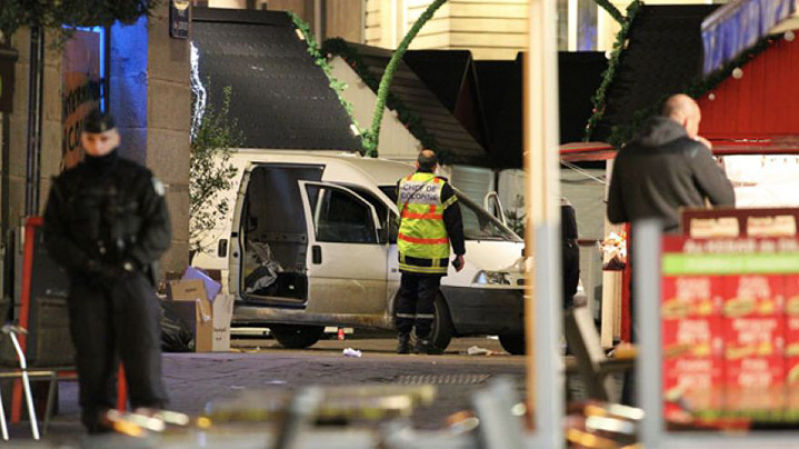
Many Europeans say that the Christmas holiday is losing its edge in recent years, but those in France suffer the worst case of Bah Humbug, citing commercialism and a recent string of attacks for the lack of Christmas spirit.
According to a recent poll by the United Kingdom's YouGov, only 37 percent of French respondents say they are looking forward to Christmas this year, compared with 76 percent in Denmark, 74 percent in Norway, 71 percent in Germany, and 69 percent in the UK.
Thanks to a recent economic boom in France, the country is enjoying a brighter shopping season than it has in recent years, but this leaves many French citizens worried that the commercialism is taking over.
On top of this, the poll reveals that 76 percent of French people polled said that the real reason for Christmas has been lost. Following a 1905 law that restricts any crossover between church and state, France has stayed away from any type of public celebration of Jesus' birth.
According to Wikipedia, "The law was based on three principles: the neutrality of the state, the freedom of religious exercise, and public powers related to the church. This law is seen as the backbone of the French principle of laïcité." The French Constitution of 1958 reinforces this sentiment by stating that "The Republic neither recognizes, nor salaries, nor subsidizes any religion."
In fact, a small town near Paris made news recently when it fought a legal battle to keep a nativity scene in the city's garden, but such cases are rare in the country.
A string of recent attacks on civilians may be the biggest issue that has many French people especially cautious about going out to celebrate the holidays. Earlier this week, 20-year-old Bertrand Nzohabonayo, a recent convert to Islam, stabbed two French police officers before being killed by police. Nzohabonayo and his brother Brice were said to have a long history of violent behavior, according to authorities in their home country of Burundi, in central Africa.
The following day, a 40-year-old driver ran down 13 Christmas shoppers in the eastern city of Dijon, while the most recent attack saw a man drive his car into a crowded Christmas market before stabbing himself several times.
While French police insist that none of these attacks are terrorist-related, many citizens are unsure. Initial reports came in that one of the drivers who drove through Christmas shoppers shouted "God is great" in Arabic, but others say that's not true. Speculation is that these attacks are diliberately done on those celebrating the Christian holiday, but that has not been confirmed by officials.
The most recent attack injured 10 people in Nantes, France, and the 37-year-old driver remains in a French hospital in serious condition alongside five of the people he injured.
Prosecutor Marie-Christine Tarrare insited that the driver in Sunday's attack had a history of mental illness and no links to terrorism. The man is described as a French-born son of North African immigrants who acted alone. Tarrare said that the man shouted "God is great" in Arabic to "give himself courage to act," but not as a religious decree.






![[Exclusive] Escaping Extreme Poverty: The True Story of a Ugandan Girl’s Transformed Life](https://www.gospelherald.com/media/cache/thumbnail/7/23/72324sp_273w_150h_1x_1y.jpg)
